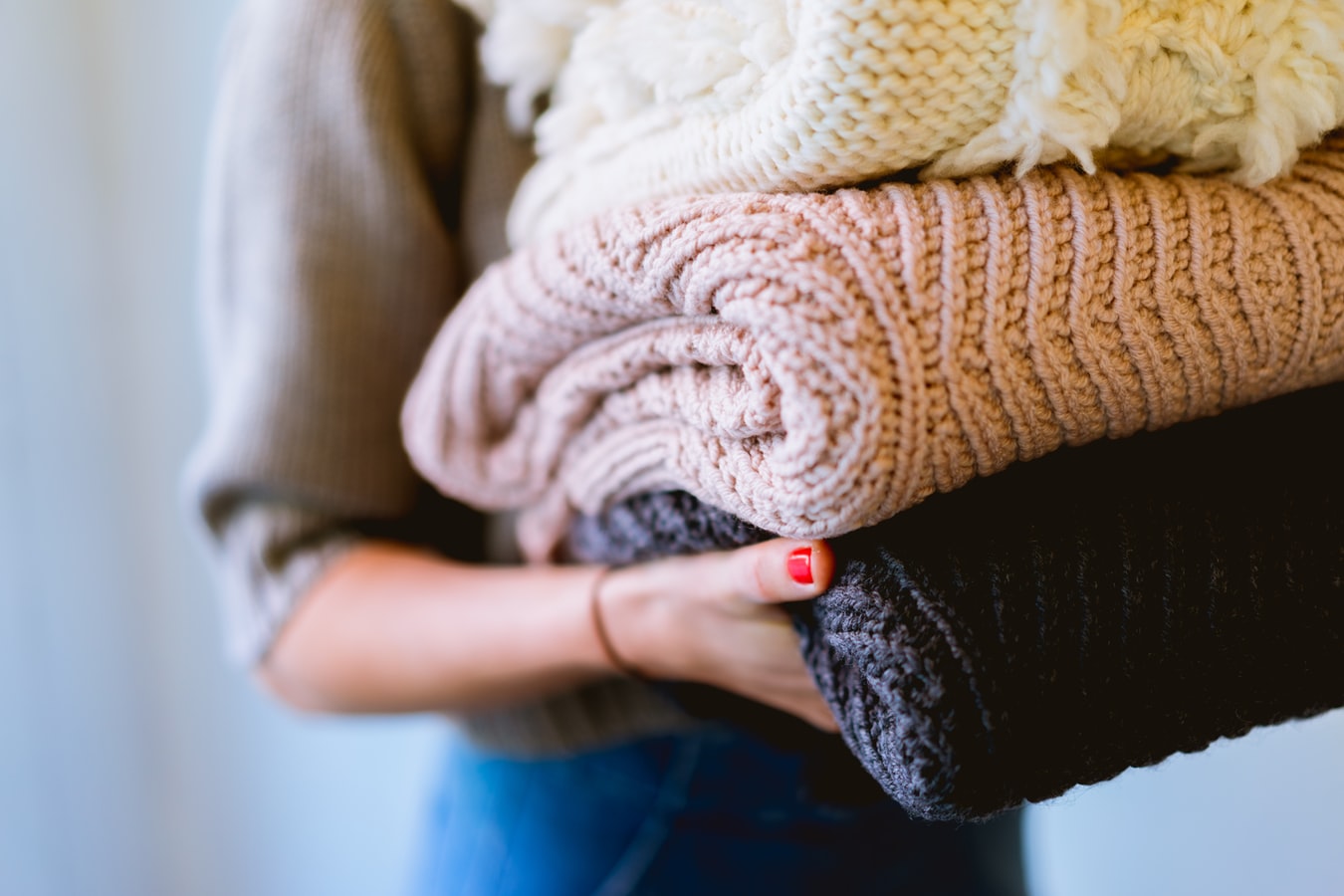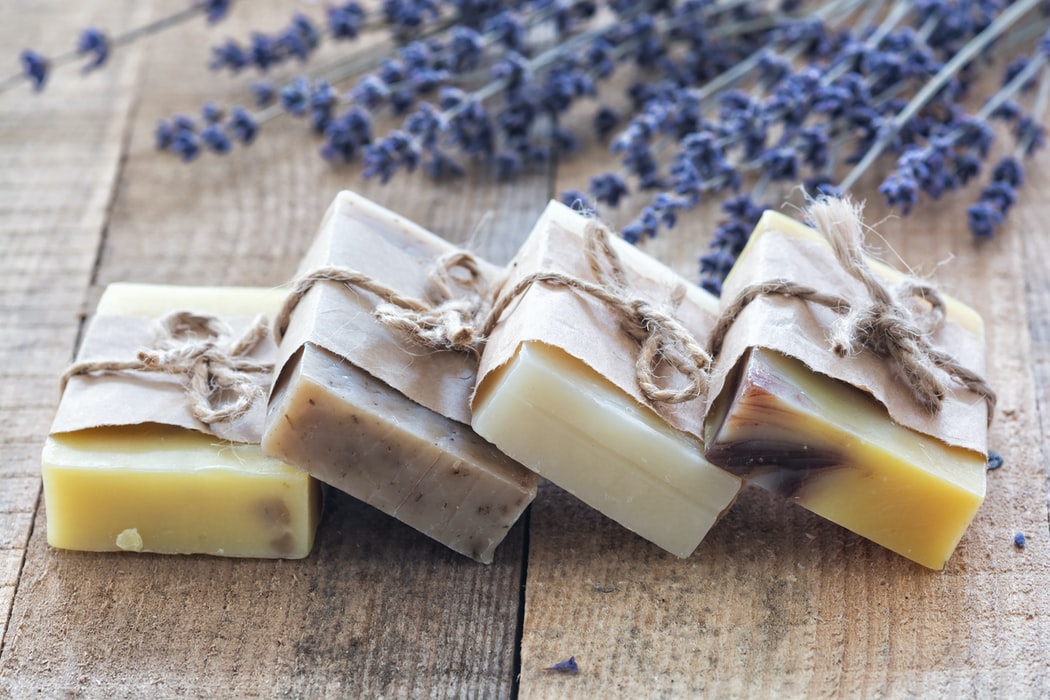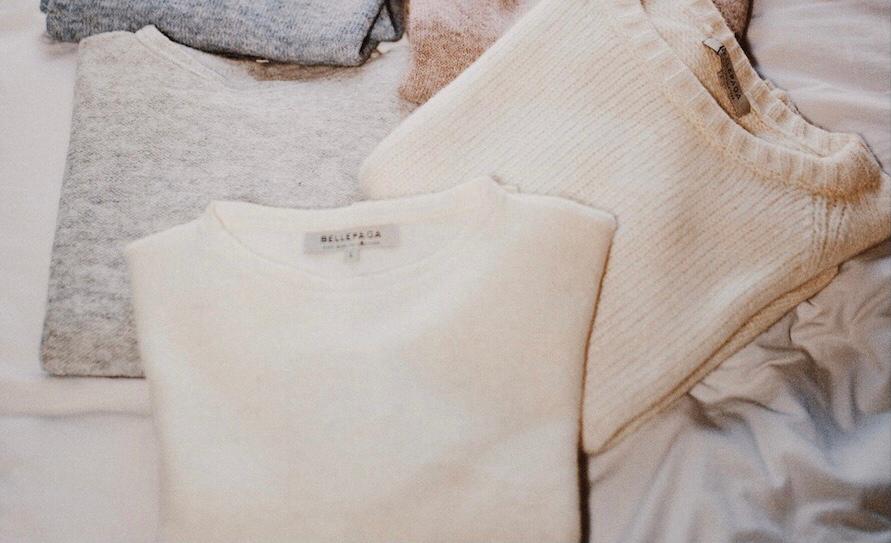5 tips for an economical and ecological washing powder
5 tips for an economical and ecological washing powder

Nowadays, more and more of us are realising that chemical detergents, due to their components and price, are uneconomical and ecological and that they can shorten the lifespan of our clothes by damaging them. The litres of water needed for machine washing, the polluting and health-damaging chemicals used in the detergents and the animal tests explain these major problems. In this article, BellePaga helps you to act in a way that respects the environment, your clothes and your wallet thanks to 9 tips to make your washing powder environmentally friendly.
The 5 tips

1) Decrease the frequency of washing your clothes. Only machine wash them when necessary. It is not a question of washing them after wearing them once (with certain exceptions). If they are slightly faded, simply air them out.
2) Sort your laundry. Sorting your clothes according to colours and materials allows you to optimise your laundry, keep your clothes in good condition and therefore extend their life by keeping their fibres intact.
3) Prefer washing at 30° or less and/or in the "eco" programme.
4) Create your own homemade laundry:
Recipe :
For this recipe you will only need 4 ingredients:
- 1L of water
- 50 grams of grated marseille soap
- 1 tablespoon baking soda
- About 10 drops of essential oil of your choice (optional)
The first step, before making the recipe, is to choose a Marseille soap composed of at least 72% vegetable oil, without perfume, dye or glycerine, as this leaves a film on the laundry and in the washing machine. Marseille soap is effective for all textiles and is recommended for sensitive skin.
Then, when you have all the ingredients, heat the water with the Marseille soap shavings until the mixture is homogeneous.
Add the baking soda as well as the essential oil of your choice (lavender, jasmine, tea tree,...).
Shake your mixture vigorously or even mix it and voilà, your homemade laundry is done! Easy as pie, isn't it?
No more excuses to care for your household linen in a totally green way, guaranteed results!
5) Favour fibres that are more resistant to daily washing such as Alpaca wool or vegetable tanned leather.
Caring for your BellePaga products
Baby Alpaca wool is a resistant fibre. It therefore gives your clothes a long life and prevents them from deteriorating after machine washing but, except for socks (at 30°), we do not recommend it for our articles. Dry-cleaning or hand washing between 10 and 20° is recommended, with the use of a soft shampoo specific for wool. Do not twist the garment and leave it to dry flat in the open air. It is not necessary to iron the garment, but always turn your jumper or cardigan inside out just in case.
To find out more about how to care for our products, go to How to maintain alpaca wool ?







